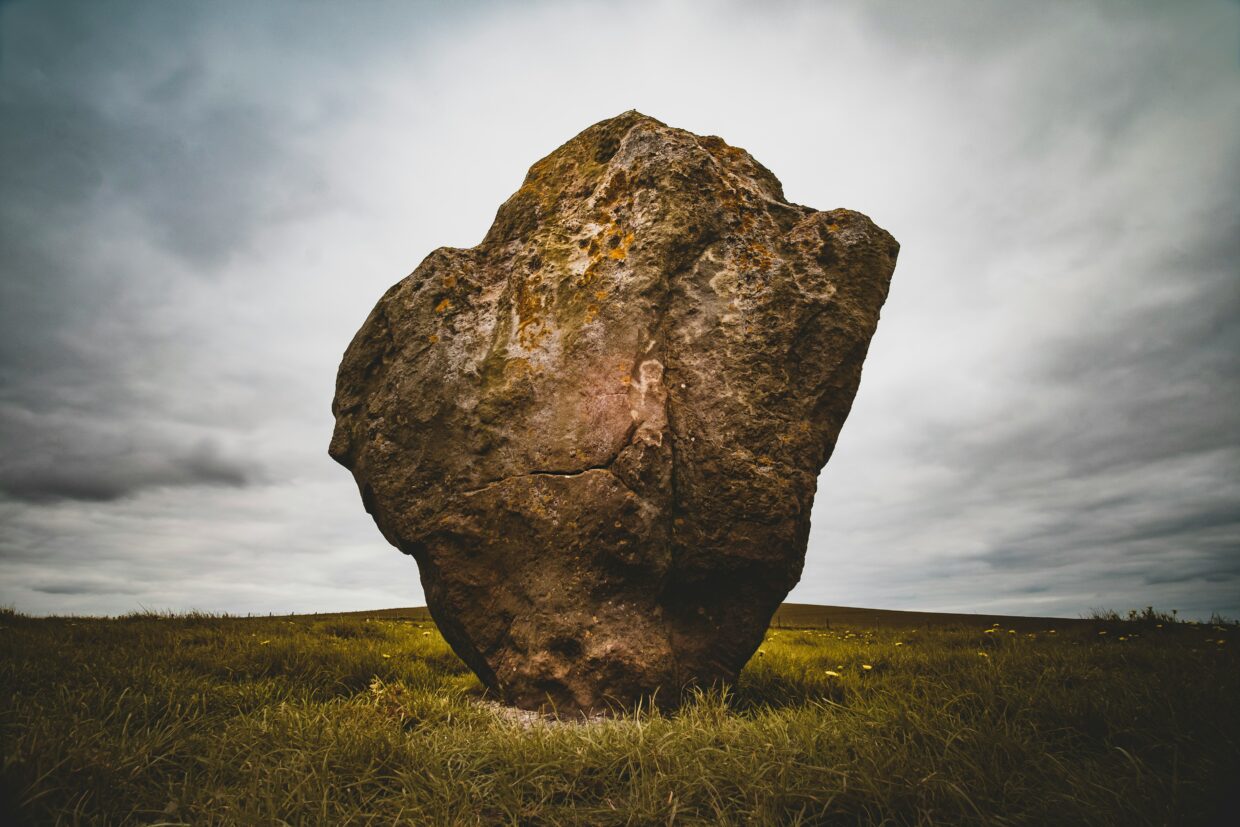There are many tasks one completes in life that, on the whole, are reminiscent of the Myth of Sisyphus. For those who don’t know, the Myth of Sisyphus is a Greek myth that follows the story of Sisyphus, a king who managed to dodge death a handful of times. After scheming and various promises to stay dead after his mischievous games, that were of course, broken, Sisyphus was eventually condemned by Hades to spend eternity rolling a massive rock up to the top of a hill. Once it reached the top, it would roll back down. Thus, Sisyphus would have to continue rolling the rock back up again… and again… and again, forever and eternity.
It is quite the vision of torture. No, it is not necessarily one of the more painful, inhumane torture methods we often hear of in media and history, but there is something poignant about the act of constantly having to commit to a task that you never fully achieve. Once you feel it is complete, you are forced to start again. Although it sounds extreme, Sisyphus’ punishment is comparable to many of our daily tasks, and it could be associated with the writing practice. Again and again, we come up with stories, we finally get the courage to write them down on paper, we write then write some more, until we finish our first, second, third draft. Then once more we are at the bottom of the hill, faced with an empty page that we must fill.
Philosopher Albert Camus is renowned for his approach to Sisyphus’ punishment; he famously stated in his 1942 essay that ‘One must imagine Sisyphus happy.’ In other words, one must imagine that despite its neverending work, we must imagine that Sisyphus must get some sort of satisfaction from pushing this boulder up a hill. To get past the aggravation of constant writing and feeling the need to come up with something new, you first must learn to enjoy the practice of writing. It can sometimes be taken from us because of deadlines, the vision of it as work. Other hobbies, playing sports, for example, give us the immediate satisfaction of an exceeded heart rate, we have moved our bodies and will feel the benefit later, hopefully. Games can be clearly won, whether they be physical or online. The hobby of practising a musical instrument is clearly rewarded by our gradual improvement; we can finally play that chord we’ve been struggling with. But what about writing? What benefits do we exactly feel from this?
Your Voice is Out There
Everyone has their own individual voice, whether you believe it or not; I think this is fundamentally true. Of course you take inspiration from others’ writing patterns, you become a mosaic of all the writers you have read since infancy. But you must never doubt that in that, your own writing becomes your own art form. It’s yours, and only yours. The credit is in the time it took you to write either a page of a book you’ve always had in your mind, or three lines of a poem that’s been buzzing in your brain. It is your footstep on the Earth.
If you find it hard to believe this and find such significance in your own work, I suggest sharing it. This could be with parents, friends, extended family, or online forums, (us on Where Ideas Grow!); from one of these, you are guaranteed to get feedback, and I can promise you there will be some element of positivity in it. Perhaps it is just the statement, ‘You wrote this? You’re writing a book?’ I can’t begin to explain the adrenaline rush I feel when someone says this to me after I tell them I’m working on my own stuff. A lot of people cannot fathom that you can come up with words, places, people, and adventures in your head. A statement like this makes me feel present in the moment, with my work, it makes it feel real. Further positive feedback is bound to arrive; you could make someone laugh, cry, ponder about your writing; what the meaning was, what is the story you are trying to tell?
Don’t be shy about sharing your work, and although you’ve probably heard this a million times before if you are interested in becoming a writer; the greatest writers you know once had to share their work for the first time too. No one is born with a read or published manuscript in their hands. The act of believing in your own voice is the first step to feeling that wonderful sense of achievement.
Take it Step by Step
You can rarely write a perfect piece overnight. Or maybe, you don’t feel like you have the time or momentum to. Many of us work and have life commitments that make sitting down and finding time to grab your laptop or pen feel like extra work; a burden, even. But it’s even more difficult because you know this is something you feel you ought to be passionate about.
There is absolutely no harm in simply writing a page, or even a sentence a day. Additionally, you don’t have to be consistent with it either, there is no need to put such pressure on yourself. My own personal writing habits come from a burst of random energy that makes me write at lightning speed for a single evening and then forget about it for a week or more afterward. As long as you are doing something about your passion, feeding it, that’s all that matters, because as much as the feeling of satisfaction you get from finishing is electric, it is also important to enjoy the journey and practice of writing. If it is possible, make the environment you are writing in as cosy and inspiring as can be, set your phone aside, and see your characters in front of you. Similarly, poets, allow your mind to relax and feel the words you are about to put on the page.
Remember There is No Time Limit
No matter how old you are or how far you have ventured, it is never too late to start writing. Some of us have had a story in our heads for years that we are too afraid to materialise. Now is the time to do it. But so is tomorrow, and the day after that. It does not need to be perfect now, because there are various steps you can take later that will allow your piece to reach its full potential.
I take lots of inspiration from various other creatives, which I further feel has fuelled me in my own self-confidence with my practices. We often put the greatest writers and artists on the highest pedestals, which feeds us the illusion that it is impossible for us to become one of them. Online interviews or autobiographical books written by the most prolific of creatives can make you realise they too are ordinary – in the best sense – like the rest of us. It does take commitment, but realising you are not alone in your uphill climb can be reassuring in the knowledge that countless others have felt this way too.
Writing an entire novel is a mammoth task, and not even the most accomplished of authors can deny this. But writing a sentence isn’t, so it’s a great place to start, and begin your climb.
Imagine Yourself Happy
I suppose what Camus was getting at by determining ‘One should imagine Sisyphus happy’ is that it’s about the journey, not necessarily the destination. If you even have an idea for a story or poem, you should feel proud about this. Take a moment to embrace your brain’s creativity and how it can imagine something that feels real to you. Enjoy the practice and relish the moments when you can talk to fellow writers and readers about what you are achieving, even what you are struggling with; you will find that connectivity is one of the main catalysts for the spark of creation. Additionally, unlike Sisyphus, your task is not a huge boulder. It is something you know you love and that you can embrace with every step and push.
If you are writing something down; You are a writer. Start labeling yourself as one, own it, and enjoy it.
Anna Edwards
Books mentioned:
Camus, A. 1942. The Myth of Sisyphus


